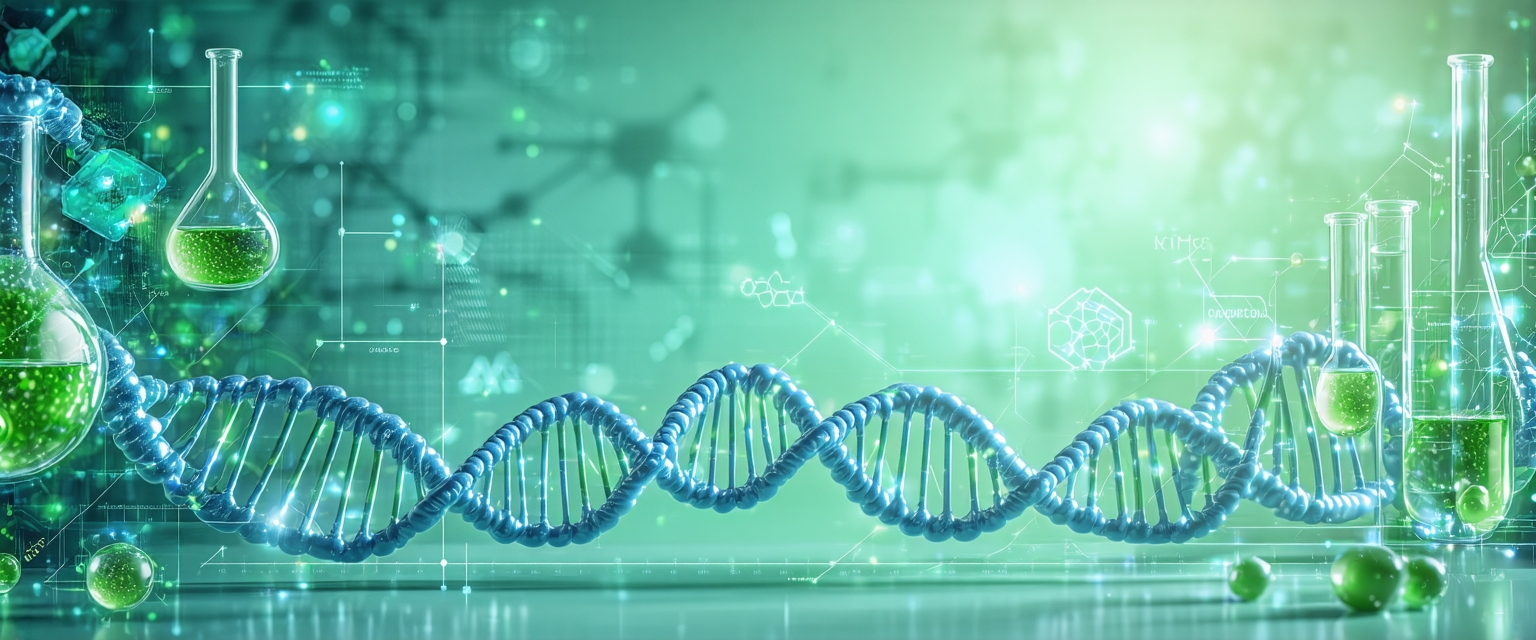






Biotechnology, the application of biological systems and organisms to develop or make products, has witnessed explosive growth. Driven by advancements in genomics, synthetic biology, and artificial intelligence, it’s reshaping numerous sectors, from healthcare and agriculture to energy and manufacturing. This feature analyzes current developments, future prospects, and potential challenges in this rapidly evolving field.
The foundations of modern biotechnology were laid in the mid-20th century with the discovery of the structure of DNA and the development of recombinant DNA technology. This allowed scientists to manipulate genes, leading to breakthroughs like the production of human insulin in bacteria. The subsequent Human Genome Project provided a comprehensive blueprint of human genes, accelerating progress further.
Over the decades, technological advancements have enabled faster, cheaper, and more precise genetic engineering, driving innovation across various applications. The convergence of biology with other fields like data science and nanotechnology has exponentially expanded the potential of biotechnology.
Recent breakthroughs include advancements in CRISPR-Cas9 gene editing, allowing precise modification of DNA sequences. This technology holds immense promise for treating genetic diseases and developing novel therapies. Furthermore, synthetic biology enables the design and construction of new biological parts, devices, and systems, paving the way for bio-based manufacturing and sustainable solutions.
The integration of artificial intelligence and machine learning in biotechnology is accelerating drug discovery, personalized medicine, and agricultural improvements. AI algorithms can analyze vast datasets to identify potential drug candidates, predict treatment outcomes, and optimize crop yields, significantly reducing development time and costs.
According to a report by McKinsey & Company, the global biotechnology market is projected to reach trillions of dollars in the coming years. This growth is fueled by increased investment in R&D, growing demand for personalized medicine, and the increasing adoption of biotechnology in various industries. Dr. Jennifer Doudna, a pioneer in CRISPR technology, highlights the ethical considerations surrounding gene editing, emphasizing the need for responsible innovation and public engagement.
Data from the National Institutes of Health (NIH) shows a significant rise in funding for biotechnology research, indicating a strong commitment to advancing the field. This investment is driving innovation and fostering collaboration among researchers, companies, and government agencies.
The future of biotechnology presents both immense opportunities and potential risks. Opportunities include developing novel therapies for previously incurable diseases, creating sustainable food and energy sources, and developing advanced biomaterials. However, ethical concerns surrounding gene editing, potential environmental impacts, and the equitable distribution of benefits need careful consideration.
Looking ahead, we can expect further integration of biotechnology with other fields like nanotechnology and artificial intelligence, leading to even more transformative applications. Regulation and ethical frameworks will be crucial to guide responsible innovation and ensure the benefits of biotechnology are shared widely.
“`